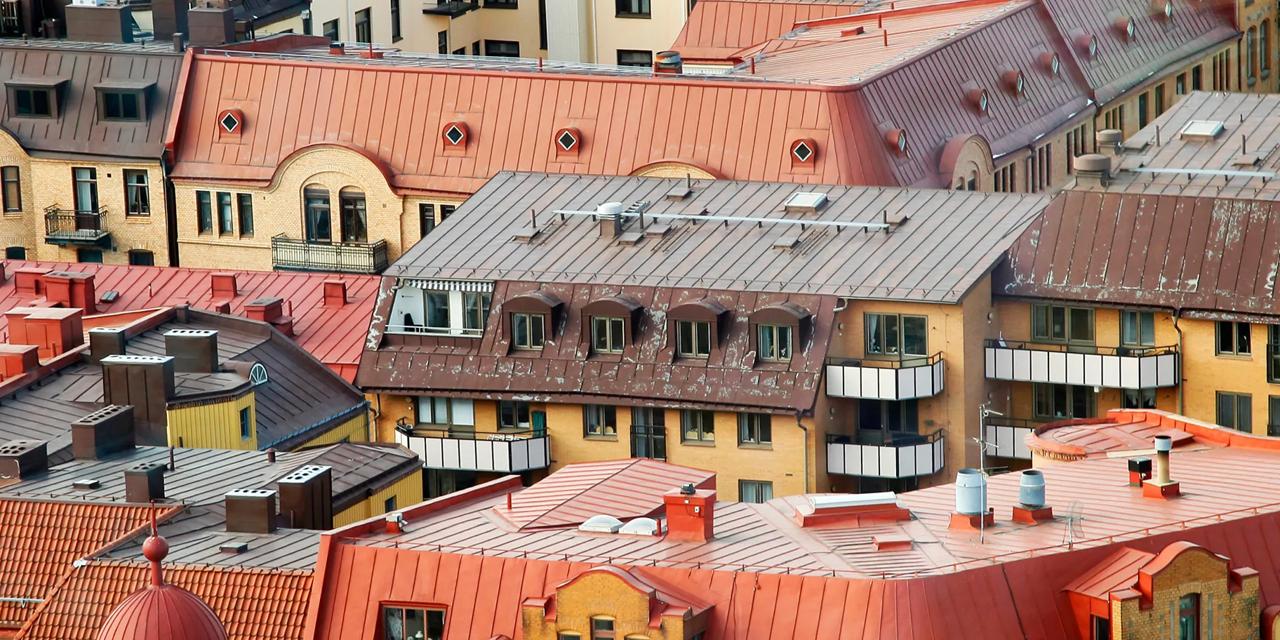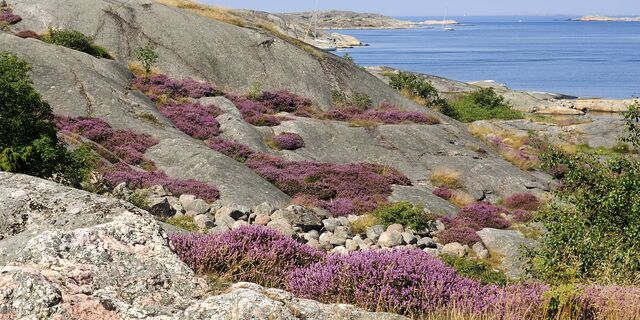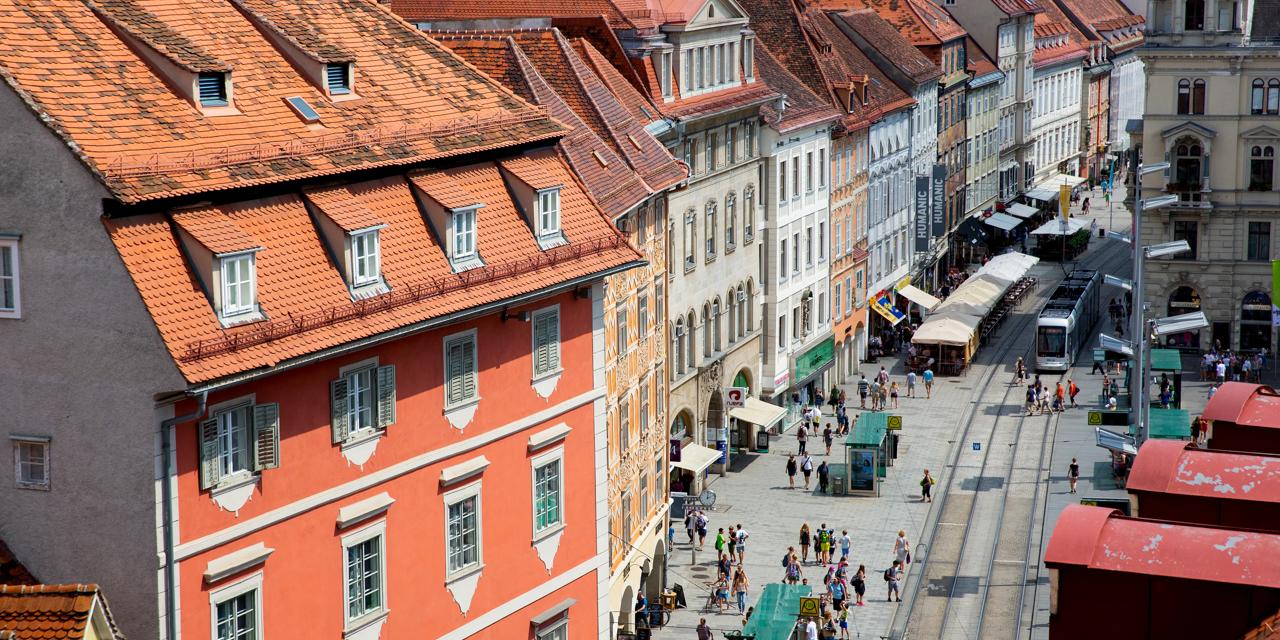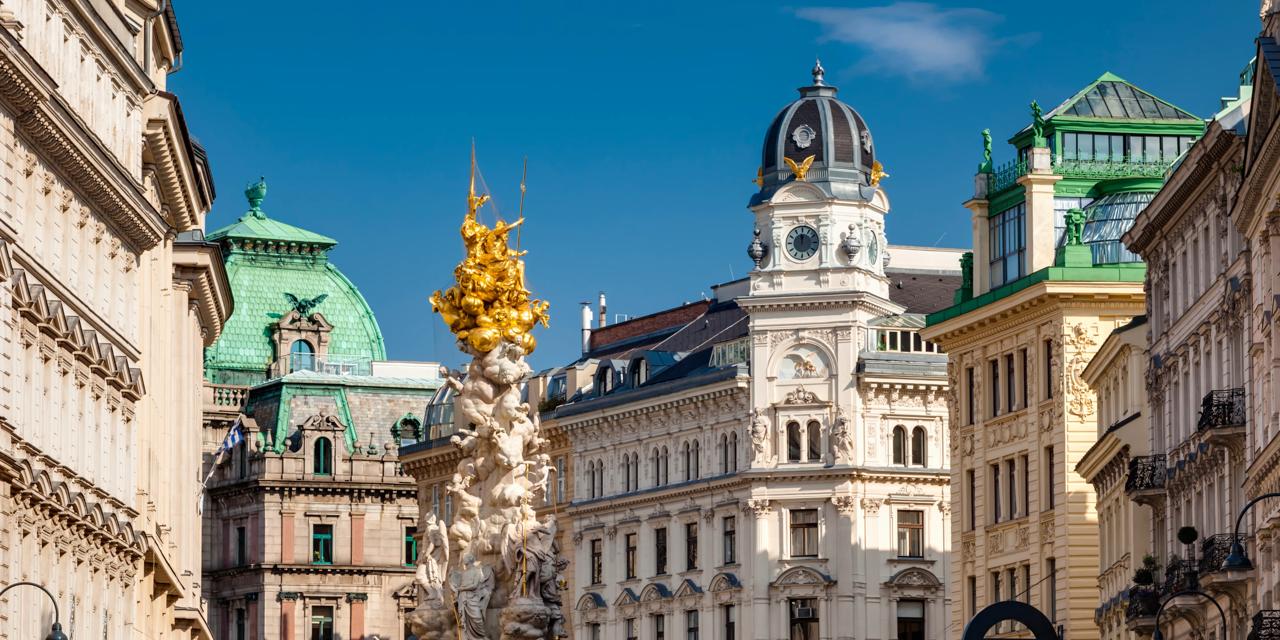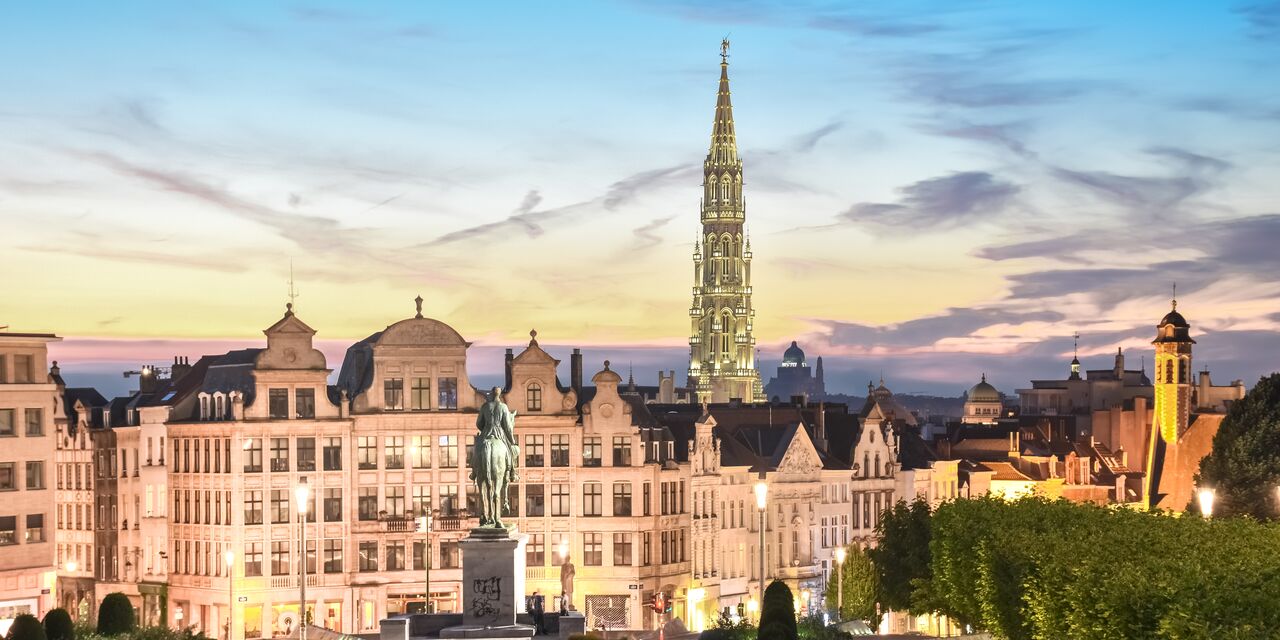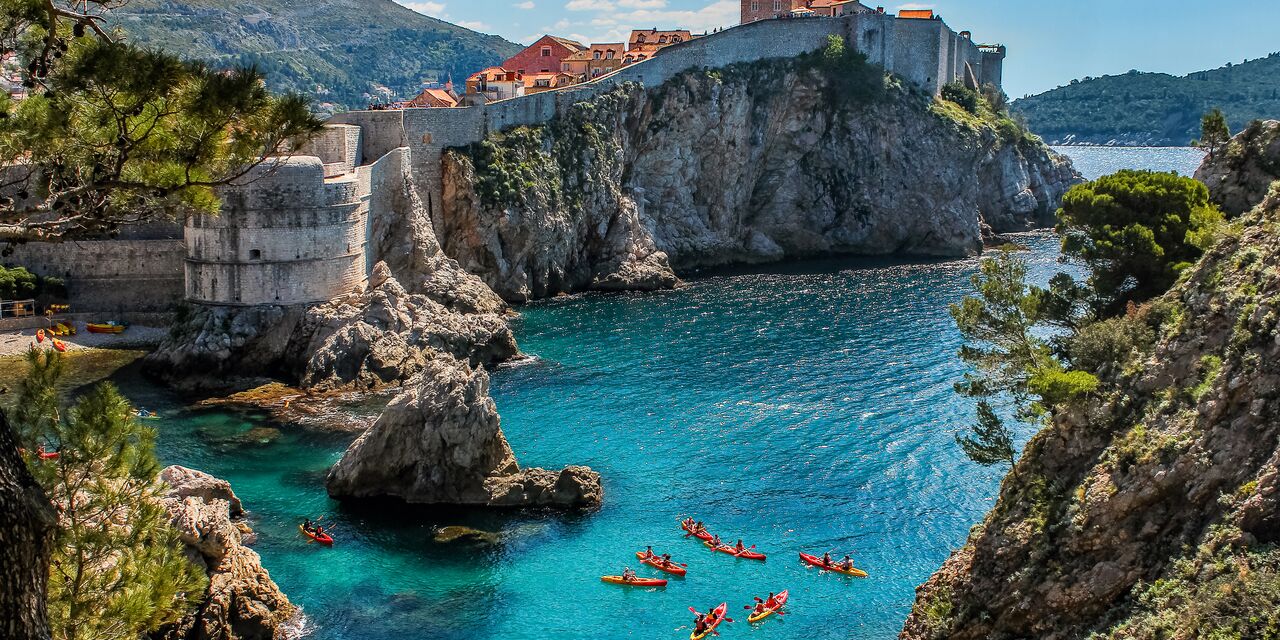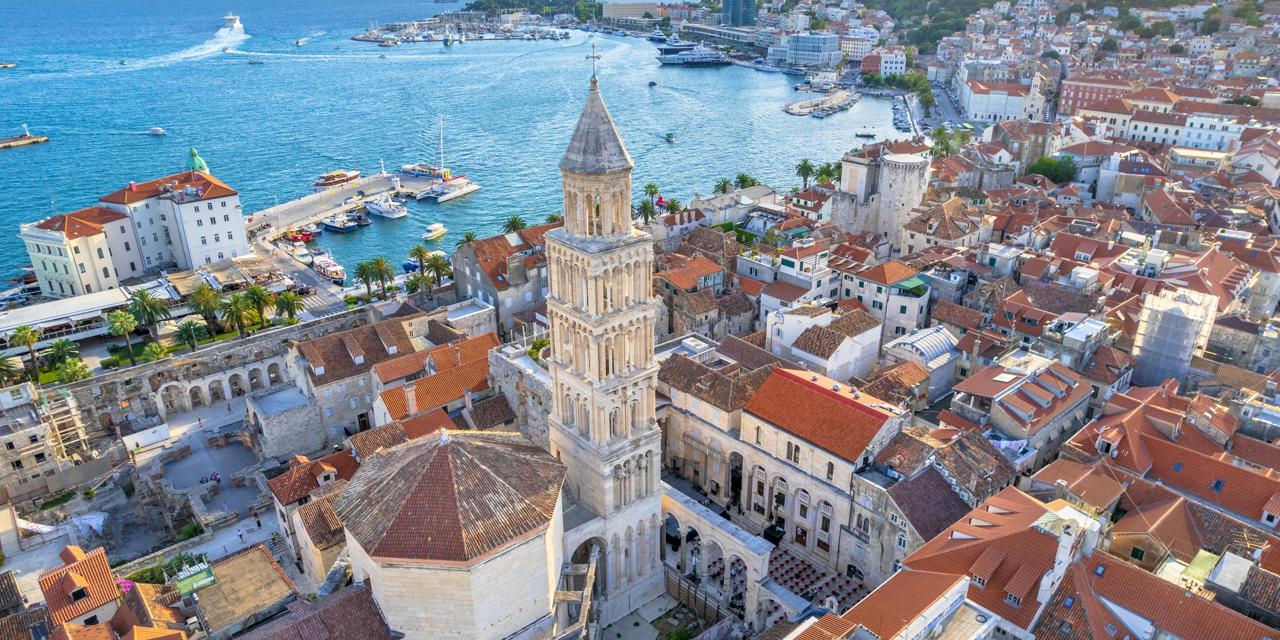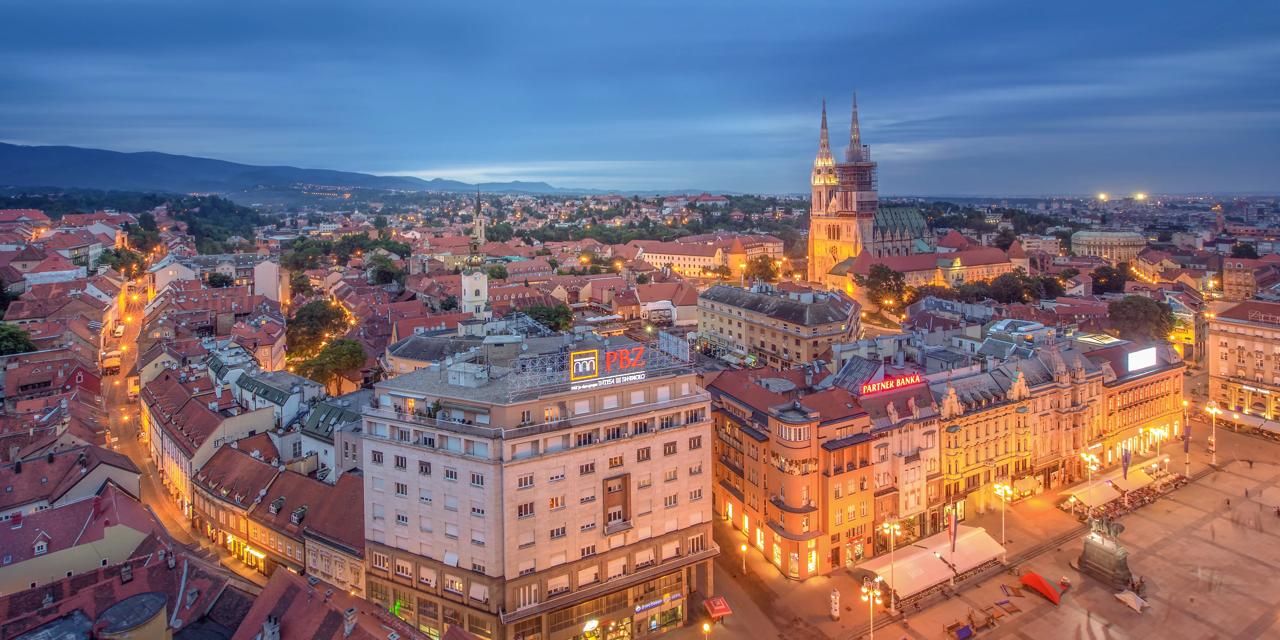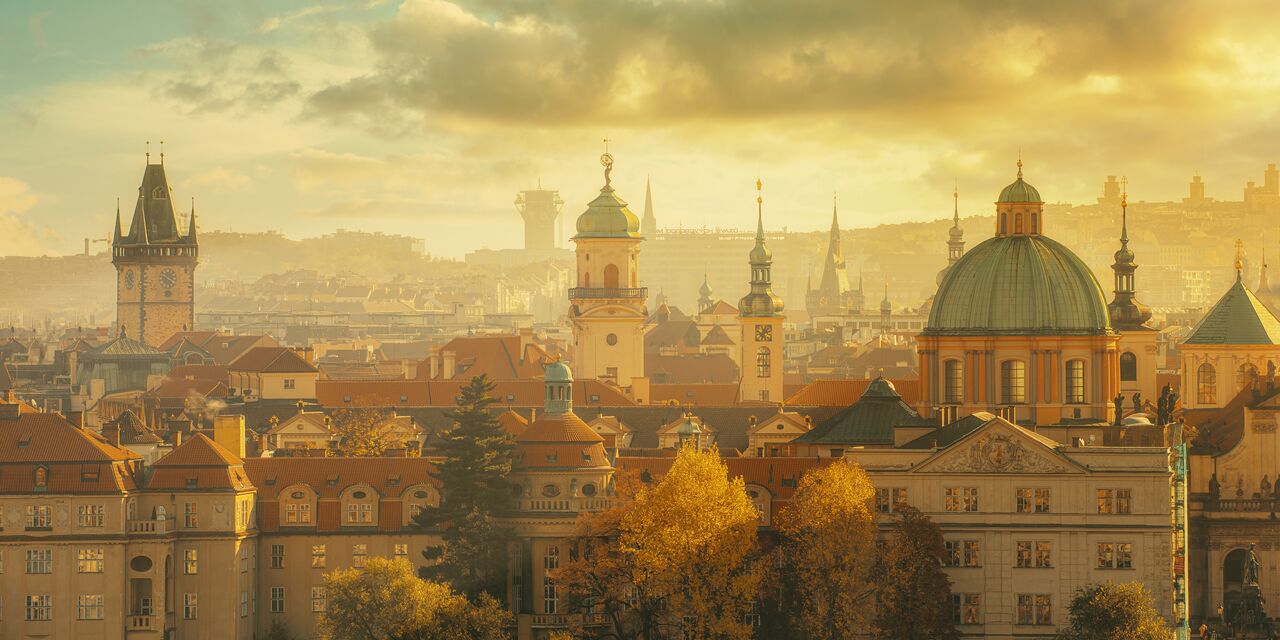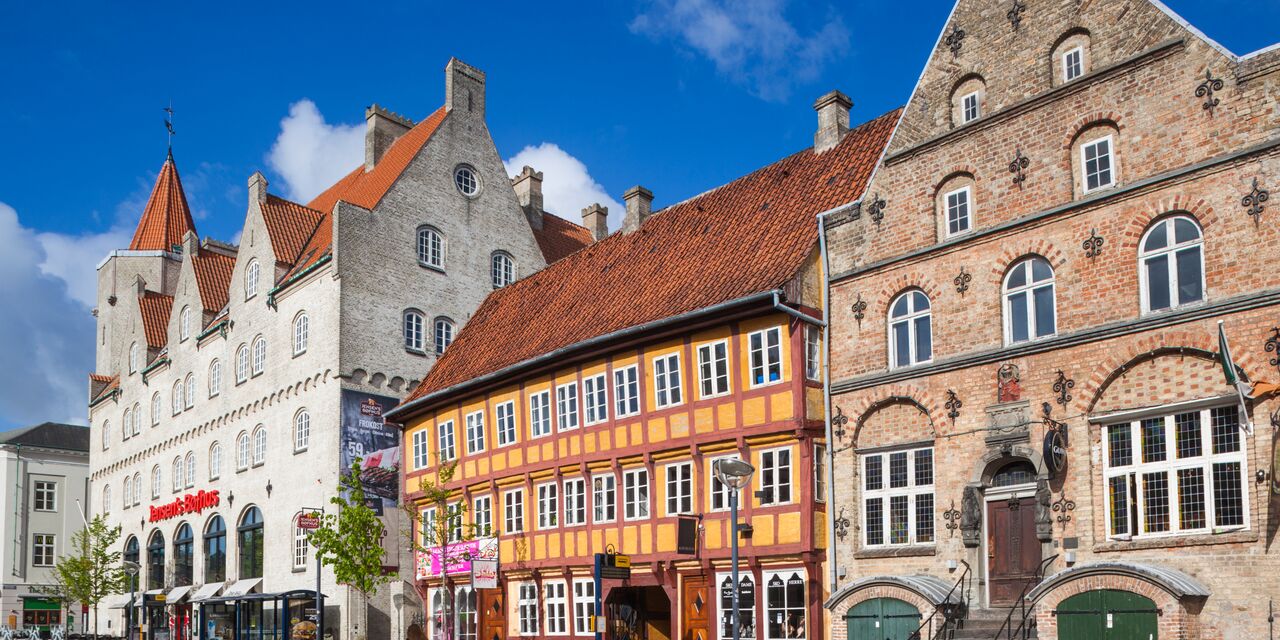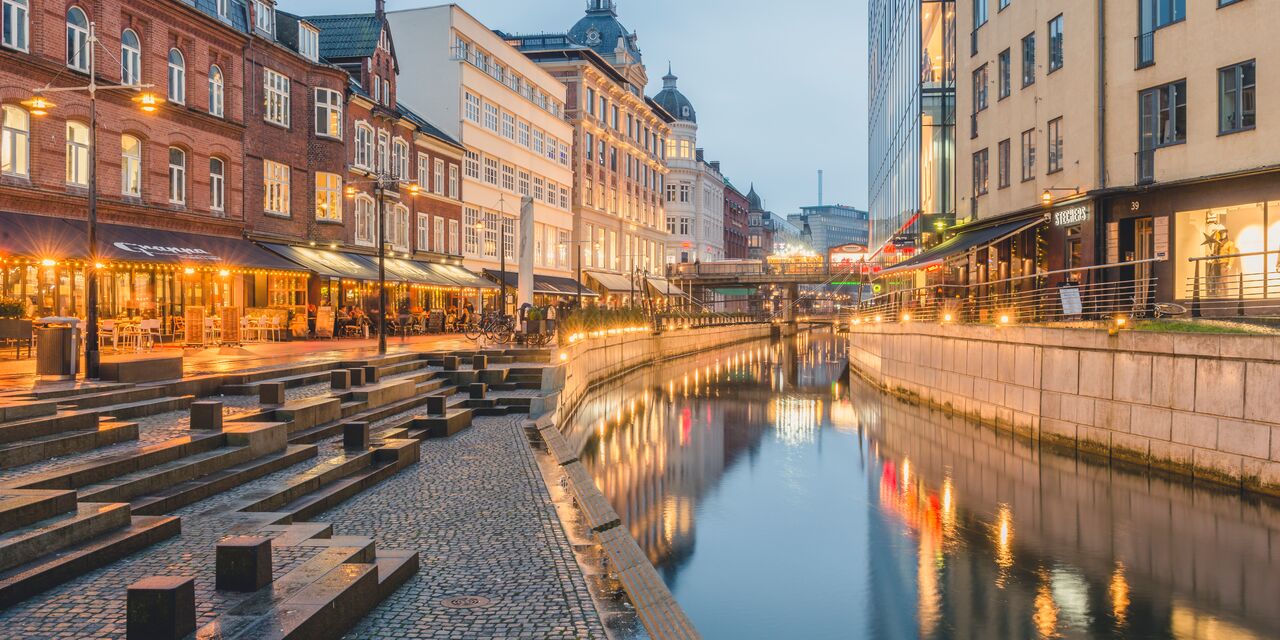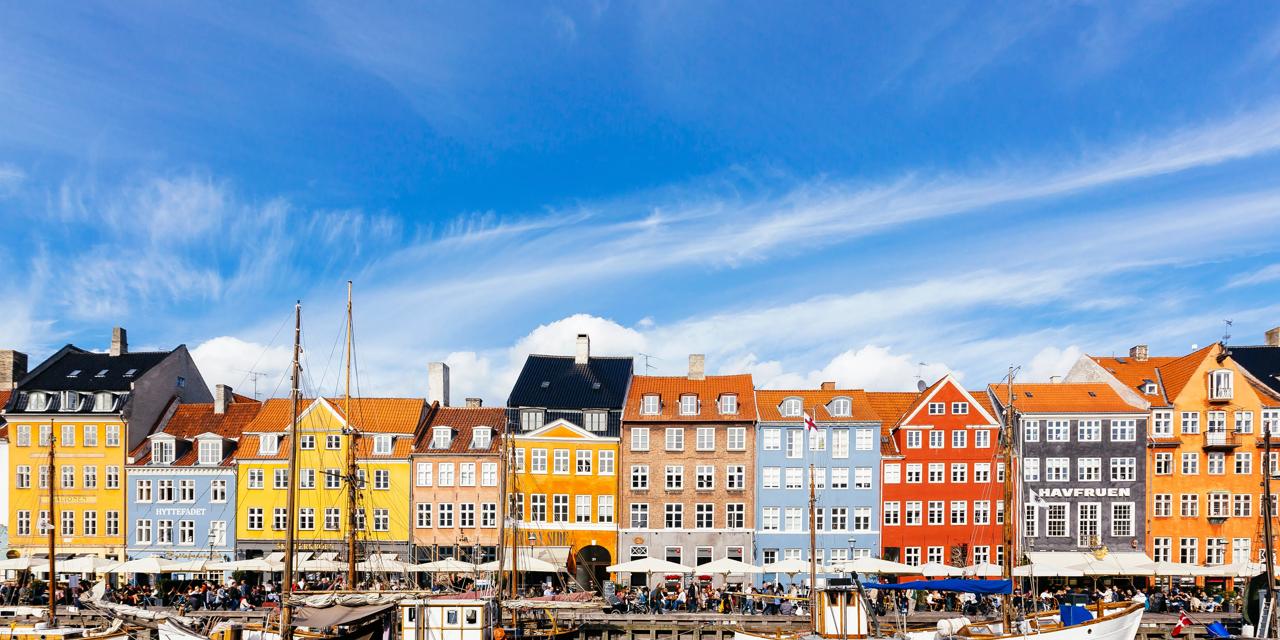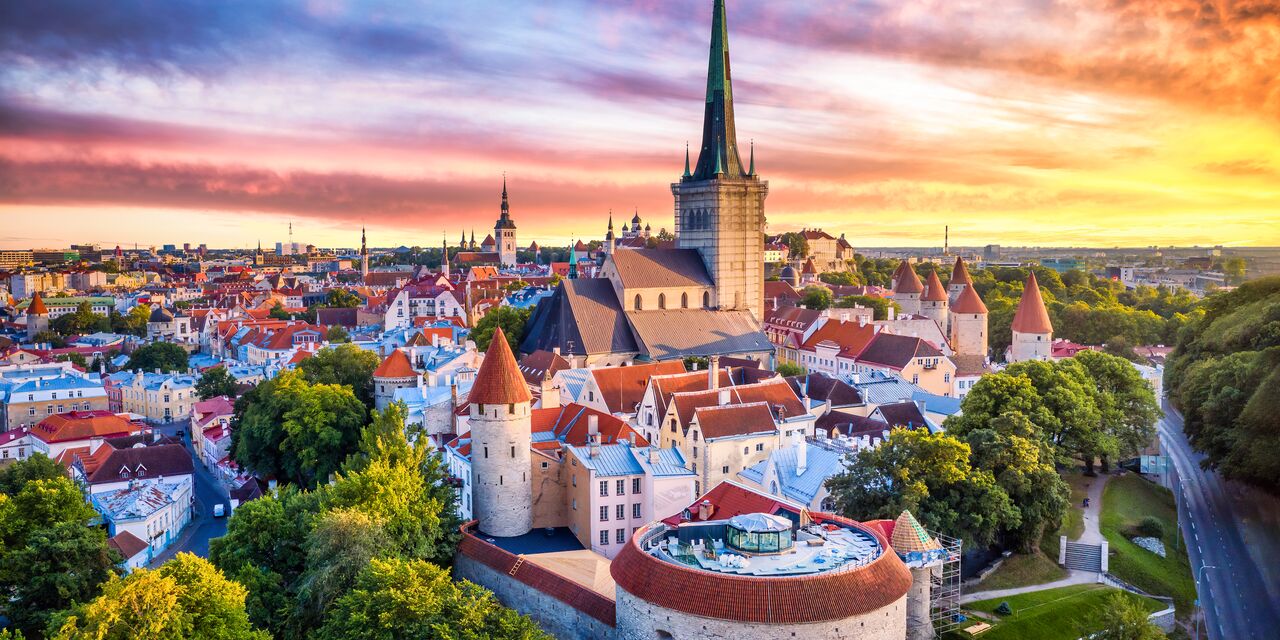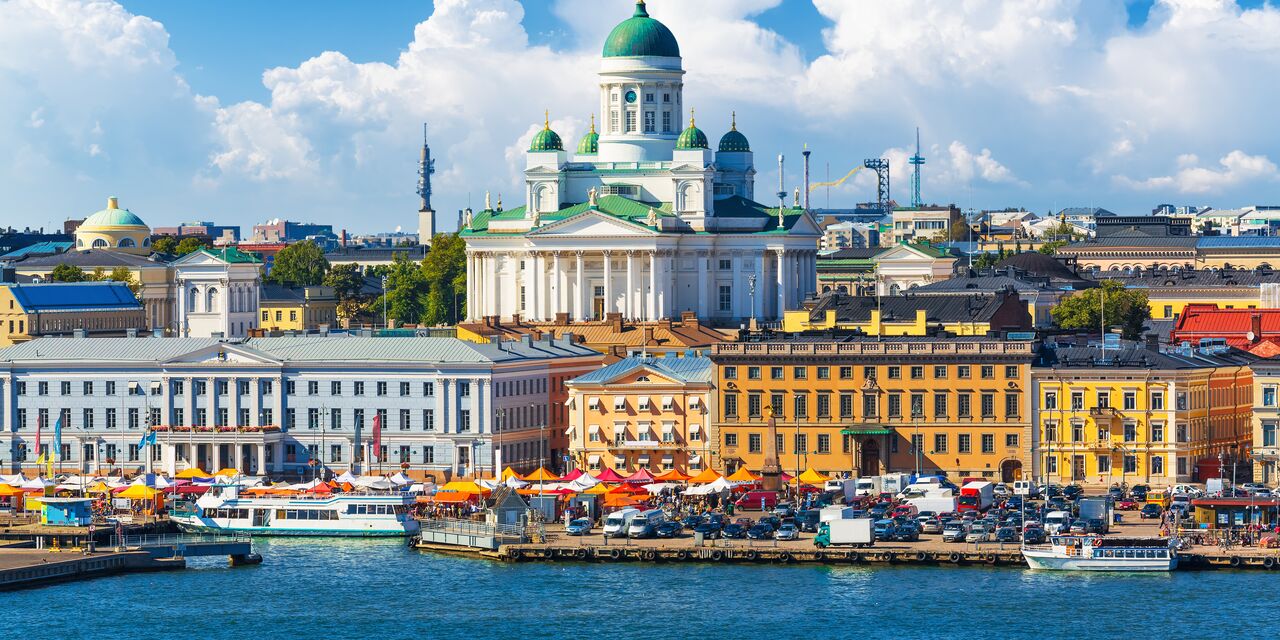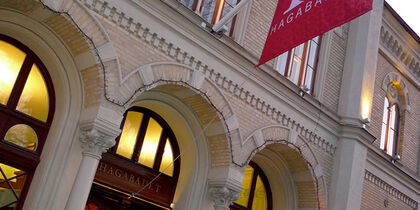
Relax in Hagabadet
The beautiful Art Nouveau bathhouse Hagabadet was built at the end of the 19th century by Swedish philanthropist Sven Renström. The factory and port workers from those days would hardly recognise the public baths: today the bathhouse has become the wellness destination for the Swedish elite. The architecture alone makes it worth a visit, but a typical Swedish spa treatment is another great reason to come here. The bathhouse also offers a restaurant. In gloomy weather you can easily spend an entire blissful day in here.
Historic sweets at Cafe Husaren
In the past, the building that currently houses Café Husaren has served as a pharmacy, a hat shop and a bank. Yet the location’s most famous achievement is the invention of the 'kanelbullar', or so the café claims. Not much is known about the exact origin of this sweet roll, but that doesn’t diminish its delicious flavour. This Swedish delicacy with cinnamon has become such a mainstay that the Hembakningsrådet (Commission for Home-baking) has named its Jubilee day after the treat: since 1999, 4 October has been known as ’Kanelbullens Day’. To taste this sweet treat in an original 19th-century setting, visit this popular café at Haga Nygata, Haga’s main street. Don’t forget to admire the beautiful glass ceiling.
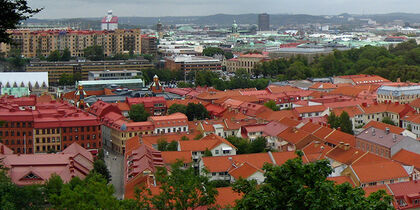
Enjoy the view
The 17th-century fort Skansen Kronan lies on top of Risåsberget, a hill in Haga. It was built with a view of the port to defend Gothenburg against a possible Danish invasion. The invasion never came and the cannons remain unused. Today, the fort houses a restaurant and in summer, the adjacent barracks also accommodate a café. On sunny days, Gothenburg residents flock here to appreciate the view of the city and the harbour - especially while enjoying ice cream or a slice of cake.

